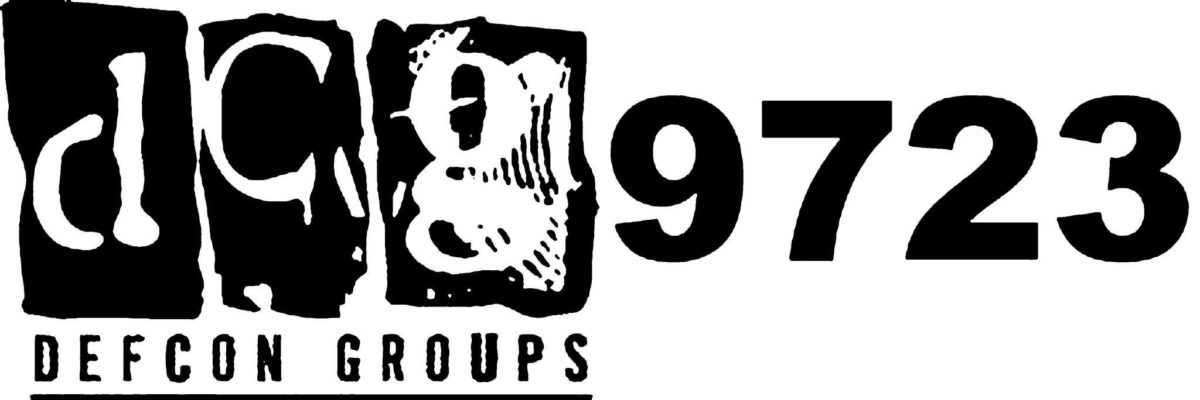Hi everyone.
I’d like to present you all with the DC9723 Code Of Conduct.
But before – a brief explanation. I have witnessed how the security community have grown over the past 20+ years that I have been involved in it. I’ve seen it become more inclusive, and accepting. I’ve also seen it go through rough phases where people were mistreated, bullied and shunned. I’ve seen conferences turn from “bro” all-out parties into places where I can bring my kids to, and people of all ages, races, beliefs and genders come to learn, hear and be heard.
Through this time a lot has happened, and I’ve also witnesses the abuse of those changes and witnessed code of conducts being created with the intent to protect participants, and I’ve also seen those used against the community in order to get personal gain (social fame and online reputation mostly through stirring up problem that didn’t exist there before).
I’ve also seen an attempt from certain groups to solicit the use of code of conduct in conferences and gatherings that is “easy to use/reference” but provides a lot of restrictions and allows people who have an interest in creating problems where they didn’t exist before to do so – through these skewed code of conducts (I’ve been subjected to one of those myself as well…). One of those (the most popular one to my knowledge) was created and is being pushed around by the Ada Initiative.
This is why we at DC9723 have adopted a code of conduct FOR the community. It’s based on the DEFCON Code of Conduct, and is also used in other conferences such as DerbyCon. It’s close to the one I have been personally been using in my “other” conference – BSidesLasVegas.
So here it is, the DC9723 Code of Conduct:
TL;DR: Be excellent to each other. Don’t be an asshole.
DC9723 provides a forum for open discussion between participants, where radical viewpoints are welcome and a high degree of skepticism is expected. However, insulting or harassing other participants is unacceptable. We want DC9723 to be a safe and productive environment for everyone. It’s not about what you look like but what’s in your mind and how you present yourself that counts at DC9723.
We do not condone harassment against any participant, for any reason. Harassment includes deliberate intimidation and targeting individuals in a manner that makes them feel uncomfortable, unwelcome, or afraid.
Participants asked to stop any harassing behavior are expected to comply immediately. We reserve the right to respond to harassment in the manner we deem appropriate, including but not limited to expulsion without refund and referral to the relevant authorities.
This Code of Conduct applies to everyone participating at DC9723 in all its formats (online, the monthly meetings, and the conferences) and everyone who’s attending it – from participants and sponsors to speakers, press, volunteers, and the DC9723 staff.
Anyone can report harassment. If you are being harassed, notice that someone else is being harassed, or have any other concerns, you can contact a DC9723 staff member/admin online or in-person.
Our staff will be happy to help participants contact venue security, local law enforcement, or otherwise assist those experiencing harassment to feel safe for the duration of the meetup.
Remember: DC9723 is what you make of it, and as a community we can create a great experience for everyone
